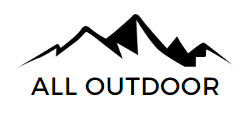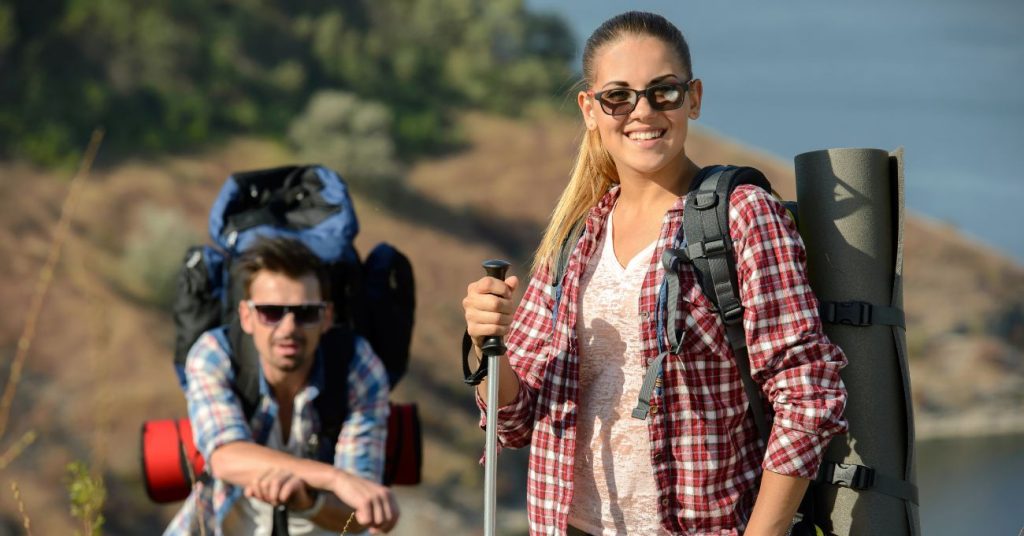Camping is a beloved outdoor activity that offers a unique blend of adventure, relaxation, and communion with nature. While camping is possible throughout the year, the experience can vary greatly depending on the season. This article aims to guide you through the best times of the year to go camping, taking into consideration factors like weather, activities, and wildlife.
Spring: The Awakening Season
Pros
- Mild Weather: Temperatures are generally moderate, making it ideal for outdoor activities like hiking and fishing.
- Blooming Flora: Witness the beauty of nature as flowers bloom and trees regain their foliage.
- Less Crowded: Many popular camping sites are less busy during the spring, offering a more peaceful experience.
Cons
- Unpredictable Weather: Spring weather can be erratic, with possibilities of rain or late-season snow.
- Muddy Conditions: Melting snow and spring showers can make trails and campsites muddy.
Ideal For
- Nature photography
- Bird watching
- Freshwater fishing
Summer: The Peak Season
Pros
- Warm Weather: High temperatures mean you can pack lighter and enjoy water activities like swimming and kayaking.
- Long Days: Take advantage of extended daylight hours for hiking, exploring, or sitting around the campfire.
- Family-Friendly: School holidays make it easier to plan family camping trips.
Cons
- Crowds: Popular camping destinations can get very crowded, making it crucial to book well in advance.
- Heat: Excessive heat can be challenging for strenuous activities and may require you to take extra precautions to stay hydrated and cool.
Ideal For
- Water sports
- Star gazing
- Social camping with family and friends
Autumn: The Season of Color
Pros
- Scenic Beauty: Autumn foliage provides a colorful backdrop for your camping adventure.
- Cooler Temperatures: The weather is usually mild, but cooler than summer, making it ideal for hiking and other physical activities.
- Wildlife: This is a great time for wildlife spotting, as many animals are preparing for winter.
Cons
- Shorter Days: With the sun setting earlier, you’ll have less daylight for activities.
- Variable Weather: Be prepared for a range of conditions, from warm afternoons to chilly nights.
Ideal For
- Scenic drives and hikes
- Wildlife photography
- Romantic getaways
Winter: The Off-Season Adventure
Pros
- Solitude: Fewer crowds mean you have the wilderness all to yourself.
- Winter Activities: Opportunities for snowshoeing, skiing, and winter hiking.
- Unique Scenery: Snow-covered landscapes offer a different kind of beauty.
Cons
- Cold Weather: You’ll need specialized gear to stay warm, and must take precautions against hypothermia and frostbite.
- Limited Accessibility: Some campsites and trails may be closed or hard to access.
Ideal For
- Winter sports enthusiasts
- Experienced campers
- Solitude seekers
Conclusion
Each season offers its own set of advantages and challenges for camping. Your choice might depend on your preferred activities, whether you like crowds or solitude, and how well you’re prepared for the weather conditions. So whether you’re a first-timer looking to experience the joys of camping or a seasoned outdoor enthusiast seeking a new challenge, there’s a perfect camping season for you.

